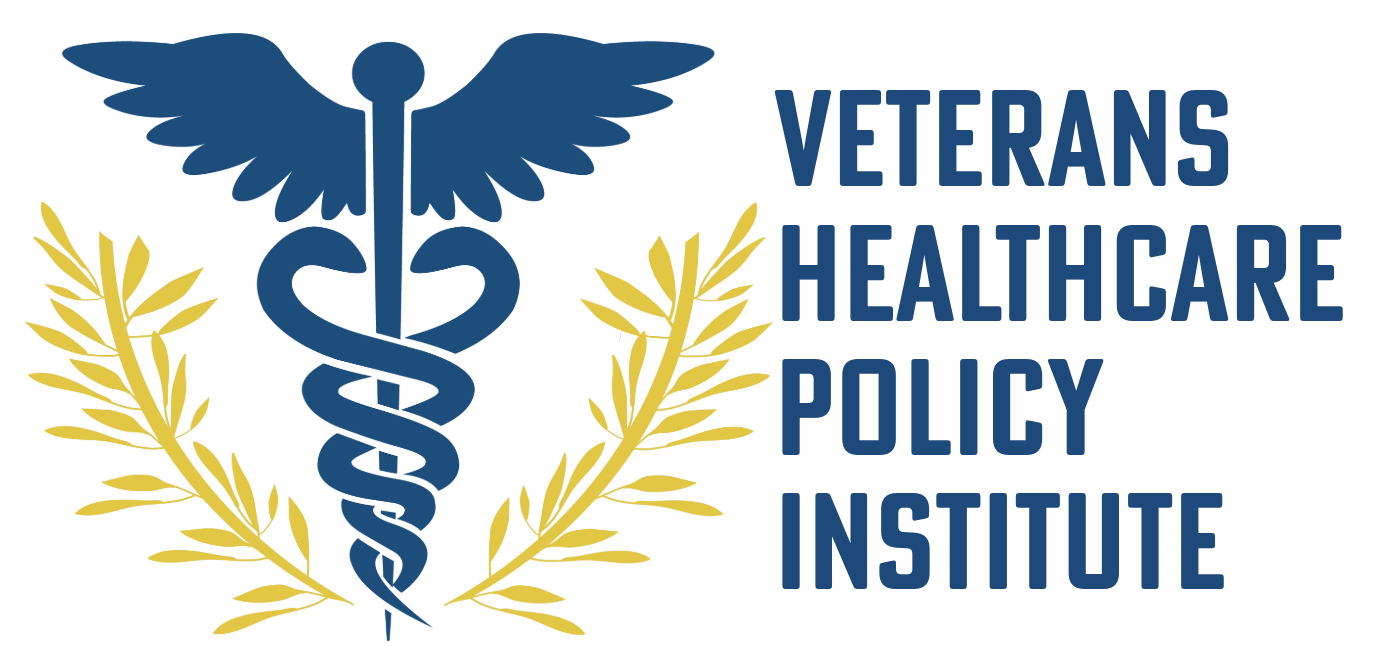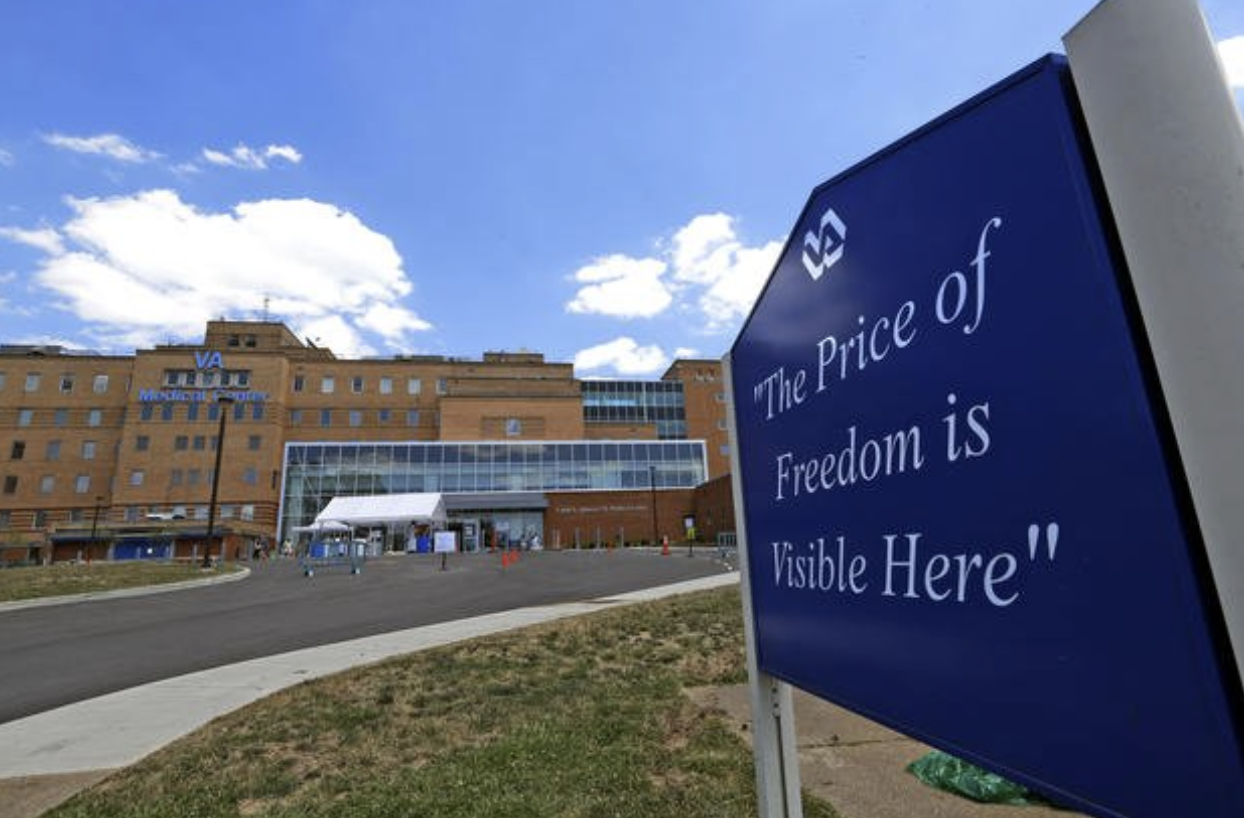The VA Inspector General is Failing Veterans
This analysis is by Bruce Carruthers — a Vietnam veteran, longtime VA administrator, and VHPI Steering Committee Member
The VA Inspector General’s Office of Healthcare Inspections (IG) recently completed a review of the Veterans Community Care Program (VCCP) in VISN 9.
VISN 9 encompasses Kentucky, Tennessee, plus parts of Indiana, West Virginia, Arkansas, Georgia, and Mississippi. Since 2018 and the passage of the VA MISSION Act, more than 40 percent of veterans receive care from private sector providers in the VCCP, and the VA now spends more than $27 billion a year paying over 1.7 million private sector providers. As a result, the agency is now facing a serious $12 billion budget shortfall.
I am a Vietnam veteran who receives care at Veterans Health Administration (VHA) facilities. Because of this, I had hoped that the IG would finally review the quality, timeliness, and cost of care provided to veterans like me in the VCCP and make strong recommendations to remedy problems that are rampant in it. As a former VA healthcare administrator, I had also hoped that the IG would make equally strong recommendations about the failures of the Third-Party Administrators (TriWest Healthcare Alliance and Optum) of the VCCP to fulfill their contractual obligations to the VA and their ethical obligations to veteran patients.
Strong oversight of the VCCP is particularly important given many peer-reviewed studies that demonstrate the quality of VHA care is more cost effective and equal to and often superior than community care. Veteran satisfaction with VHA care is over 80 percent, and a recent Medicare survey showed that VA hospitals outperformed non-VA hospitals on all 10 core patient-satisfaction metrics.
Studies of the VCCP have revealed serious problems with it. A Congressional Budget Office review of imaging services in VCCP found significantly more expensive procedures were ordered by its providers than by VHA counterparts. This is likely caused by profit incentives.
A study reported in the Journal of the American Medical Association revealed that instead of following the standard of care for low-risk prostate cancer - active surveillance - VCCP providers were twice as likely as VHA personnel to order expensive, unwarranted, and potentially risky surgery or radiation for veterans with low-risk prostate cancer. Complication from these unwarranted interventions include impotence, incontinence, hair loss, bowel problems, and even death.
While the IG is mandated to direct recommendations to the VHA so that the VA can improve the delivery of healthcare to veterans, it is also encouraged to identify deficiencies in the VCCP. On that score, the report barely scratched the surface. Instead of focusing the inspection, at least part, on the shortcomings of the VCCP in VISN 9, the IG directed its recommendations solely at VHA. A few examples illustrate this.
The report explains that VHA has established a staffing tool to determine medical resources available in the community when determining whether to continue referrals to VCCP or to bring services in-house to VHA facilities. Every facility in VISN 9 stated that the tool is inadequate. The IG’s response was to recommend ensuring that VHA personnel receive training in using this tool rather than suggest revising it.
The report stated that VHA leadership at all facilities reported three consistent issues with the VCCP. They “discussed difficulties caused by community care providers failing to return medical documentation, which, in turn, created challenges for VHA providers trying to determine the extent and quality of care patients received. VHA leaders said that VA community care staff faced additional workloads as they made numerous attempts to obtain the record.”
VHA leadership complained that paying VCCP providers in advance of services rendered them with little leverage in dealing with issues such as failures to provide appropriate medical documentation. The IG made no recommendation for contract changes to address these problems, nor did it suggest applying financial sanctions to VCCP providers who are delinquent in supplying medical records.
The IG also cited dramatic increases in costs because of payments to private sector providers. The report highlighted an extraordinary example, in Nashville, “of a veteran reporting to a community emergency department who required transportation to a community hospital; in these cases, facility leaders do not have input into the method of transportation. Nashville leaders reported an increase in air ambulance charges from roughly $200,000 to $300,000 two years ago to $11 million more recently. VISN leaders stated they were aware of the related cost increases and that due to contractual agreements with the third-party administrator, they felt they had little ability to control costs.’”
This represents a 4,300 percent increase in costs on air ambulances alone.
Rather than addressing this with a strong recommendation, the IG said only that it would share these concerns with appropriate VA Central Office officials, in Washington, D.C.
The IG surveyed VHA primary-care providers about their experiences with the VCCP. Providers surveyed expressed concerns over the following:
- scheduling delays
- delays in receiving medical documentation
- negative impacts on patients caused by delays in receiving documentation and appointment scheduling
- lack of care coordination by VCCP providers
- inability of some VCCP providers to provide adequate care
- concerns about the quality of community care.
The IG simply reported these issues, but it made no recommendations about how to address any of them.
The IG made several recommendations regarding the failure of VHA staff to follow-up with VCCP providers and patients on various issues. VHA leadership complained about the increased administrative burden caused by the VCCP and lack of responsiveness from TPAs. The IG made no recommendations, however for increased budgets to support more staffing or the unresponsiveness of TPAs. Instead, it called on VHA facilities to strengthen follow-up efforts.
The IG cited VHA facilities for not ensuring that veterans attended scheduled VCCP appointments. Rather than recommending that VCCP providers should be required to confirm appointment attendance, the IG placed the entire burden on VHA personnel.
The IG’s discussion of the Third-Party Administrators’ actions and interactions with VHA was perhaps the most disturbing aspect of this report. According to the report, “VHA established contracts with third-party administrators to create regional networks of community providers able to deliver care to veterans. Third-party administrators are responsible for ensuring safe medical care by network providers and for investigating potential quality issues (such as adverse events or close calls) to ensure that, if needed, appropriate follow-up actions are taken. However, third-party administrators are not contractually required to provide their determinations about individual investigations to VHA staff.”
The report noted that facility community care staff received repeated calls from patients related to actions handled by the third-party administrator and that VHA community care staff could not answer patients’ questions because the staff had not received the information from the TPA. In the face of this failure to fulfill their contractual obligations, the IG made no binding recommendations to address these issues. The IG simply said it informed VHA community care staff in VA Central Office about these concerns.
At the beginning of this report, as it does in all its reports, the IG claims, in bold and capital letters, to “Be A VOICE FOR VETERANS.” The IG review of the VCCP in VISN 9 represents a total failure to safeguard the care being provided to the nation’s veterans. The IG regularly inspects VHA operations, as it should. In the past year the IG conducted 104 health services reviews and made extensive recommendations to VHA, which it is responsible for addressing in a timely fashion. Yet TPAs and community care providers are not held to the same standard as VHA.
Instead of letting VCCP providers and the TPAs off the hook, the IG should review VCCP operations and make binding recommendations to VA leadership responsible for overseeing the TPAs. Failure to correct deficiencies should result in substantial financial penalties for TPAs and for VCCP providers, eliminating them from the program. If there are provisions in TPA contracts that prohibit comprehensive IG reviews and financial penalties, these must be changed when contracts are renewed or new ones are negotiated. Similarly, VCCP providers should be held to the same standards of timeliness, quality, and convenience that are required of VHA providers. The nation’s veterans deserve nothing less.


